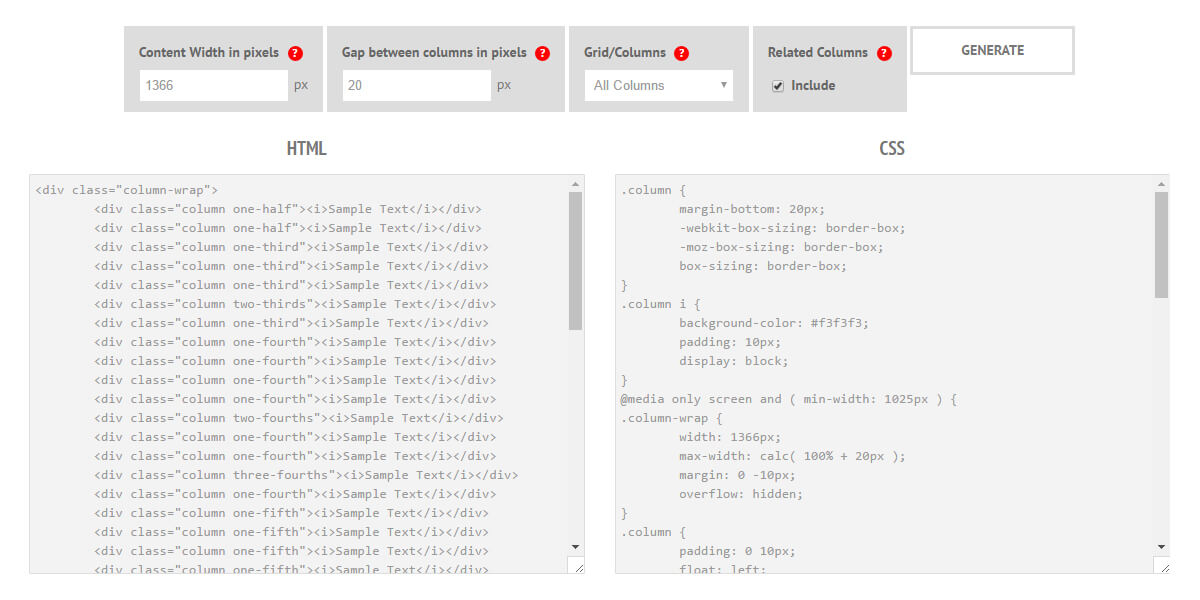Discover the World of Energy Power Purchase Agreements
Energy power purchase agreements (PPAs) play a crucial role in the renewable energy market. These agreements allow businesses to purchase energy directly from renewable energy providers, ensuring a stable and cost-effective source of power. As a legal professional, understanding the intricacies of energy PPAs can provide you with the knowledge and expertise to guide your clients through complex energy transactions.
The Basics of Energy Power Purchase Agreements
An energy PPA contract electricity generator buyer. The buyer, often a business or a utility, agrees to purchase a certain amount of energy at a predetermined price for a set period of time. This arrangement provides financial certainty for energy producers and allows buyers to secure a reliable source of renewable energy.
Key Components Energy PPA
| Component | Description |
|---|---|
| Term | The length of the agreement, typically ranging from 10 to 20 years. |
| Pricing Structure | The method for determining the price of energy, often through fixed or variable pricing mechanisms. |
| Risk Allocation | The allocation of risks related to production, delivery, and market fluctuations between the parties. |
| Environmental Attributes | The ownership and trading of environmental attributes, such as renewable energy certificates. |
Case Studies in Energy Power Purchase Agreements
Let`s take a look at a couple of real-world examples to illustrate the impact of energy PPAs.
Case Study 1: Corporate Renewable Energy Procurement
Company A, a large technology firm, entered into a long-term PPA with a wind farm developer to purchase a significant portion of the farm`s energy output. This agreement allowed Company A to meet its sustainability goals and lock in favorable energy prices for the future.
Case Study 2: Utility-Scale Solar Project
A utility company partnered with a solar developer to build a utility-scale solar project. Through a PPA, the utility secured a fixed price for the energy produced by the solar farm, reducing its reliance on fossil fuels and hedging against volatile energy markets.
The Future of Energy PPAs
With the increasing demand for renewable energy and the declining costs of solar and wind power, energy PPAs are expected to play a significant role in the transition to a sustainable energy future. As a legal professional, staying informed about the latest developments in energy PPAs can position you as a valuable advisor to clients in the renewable energy industry.
Frequently Asked Legal Questions about Energy Power Purchase Agreements
| Question | Answer |
|---|---|
| 1. What is an energy power purchase agreement (PPA)? | An energy power purchase agreement is a contract between an energy producer and a buyer, usually a utility company, where the producer agrees to sell a certain amount of energy at a predetermined price over a specified period of time. It is a key tool in renewable energy projects and can have significant legal implications. |
| 2. What are the key legal considerations when drafting a PPA? | When drafting a PPA, it is crucial to consider various legal aspects such as pricing mechanisms, termination clauses, liability and indemnity provisions, dispute resolution mechanisms, and compliance with regulatory requirements. These elements can significantly impact the rights and obligations of the parties involved. |
| 3. How do PPA`s address risk allocation? | PPA`s typically address risk allocation by outlining the responsibilities of each party in the event of force majeure events, changes in law, market price fluctuations, equipment performance, and other potential risks. Careful consideration of risk allocation is essential in ensuring the stability and success of the agreement. |
| 4. What are the key differences between corporate and utility PPA`s? | Corporate and utility PPA`s differ in terms of scale, negotiation dynamics, credit requirements, and regulatory considerations. Corporate PPA`s are often smaller in scale, involve direct negotiations between the energy producer and the corporate buyer, and may require different credit and regulatory considerations compared to utility PPA`s. |
| 5. What are the regulatory considerations for PPA`s? | Regulatory considerations for PPA`s encompass a wide range of issues, including compliance with local, state, and federal laws and regulations, obtaining necessary permits and approvals, navigating interconnection and transmission issues, and addressing environmental and land use concerns. Thorough understanding and adherence to regulatory requirements are crucial in the success of PPA`s. |
| 6. How do PPA`s address environmental and sustainability goals? | PPA`s often include provisions related to environmental and sustainability goals, such as requirements for renewable energy generation, reporting on carbon emissions reductions, and commitments to sustainable practices. These provisions align with the growing focus on environmental responsibility and sustainability in the energy sector. |
| 7. What role does financing play in PPA`s? | Financing is a critical aspect of PPA`s, as it determines the feasibility and success of energy projects. PPA`s often play a key role in securing project financing by providing revenue certainty and demonstrating long-term off-take agreements, which are attractive to lenders and investors. |
| 8. How do PPA`s impact energy project development and construction? | PPA`s have a significant impact on energy project development and construction by providing a stable revenue stream, influencing project economics, affecting technology and equipment selection, and shaping project timelines and milestones. Understanding the implications of PPA`s is crucial in successful project planning and execution. |
| 9. What are the legal challenges in PPA enforcement and dispute resolution? | PPA enforcement and dispute resolution present various legal challenges, such as interpreting complex contract language, proving performance and compliance, resolving pricing disputes, addressing force majeure events, and navigating jurisdictional issues. Effective legal strategies and clear contractual provisions are vital in addressing these challenges. |
| 10. How do changes in energy market dynamics impact PPA`s? | Changes in energy market dynamics, such as shifts in renewable energy costs, regulatory developments, and technological advancements, can impact the terms and economics of PPA`s. It is essential for parties to anticipate and adapt to these changes through flexibility and proactive legal management. |
Energy Power Purchase Agreements Contract
Introduction: This Energy Power Purchase Agreements contract outlines the terms and conditions for the purchase and sale of energy between the parties involved. This legally binding document governs the rights and obligations of the parties with respect to the purchase and sale of energy.
| Preamble |
|---|
| Whereas, Seller engaged generation sale energy Buyer need purchasing energy operations; |
| Whereas, the parties desire to enter into an agreement to govern the purchase and sale of energy on the terms and conditions set forth herein; |
| Now, therefore, in consideration of the mutual covenants and agreements contained herein, the parties agree as follows: |
| 1. Definitions |
| 1.1 “Seller” shall mean [Legal Name of Seller], a company duly organized and existing under the laws of [Jurisdiction] and having its principal place of business at [Address]. |
| 1.2 “Buyer” shall mean [Legal Name of Buyer], a company duly organized and existing under the laws of [Jurisdiction] and having its principal place of business at [Address]. |
| 1.3 “Energy” shall mean electricity produced by the Seller and purchased by the Buyer under this Agreement. |
| 2. Purchase Sale Energy |
| 2.1 The Seller agrees sell deliver Buyer, Buyer agrees purchase Seller, Energy accordance terms conditions Agreement. |
| 2.2 The Seller shall deliver the Energy to the Buyer at the metering point agreed upon by the parties. |
| 2.3 The Buyer shall pay the Seller for the Energy at the agreed-upon price per unit of energy consumed. |
| 3. Term Termination |
| 3.1 This Agreement shall commence on the Effective Date and shall remain in full force and effect for a period of [Term] years, unless earlier terminated in accordance with the provisions of this Agreement. |
| 3.2 Either party may terminate Agreement upon written notice party event material breach Agreement party. |
| 3.3 Upon termination of this Agreement, the parties shall have no further obligations to each other under this Agreement, except for any obligations that expressly survive termination. |
In witness whereof, the parties have executed this Energy Power Purchase Agreements contract as of the Effective Date.


